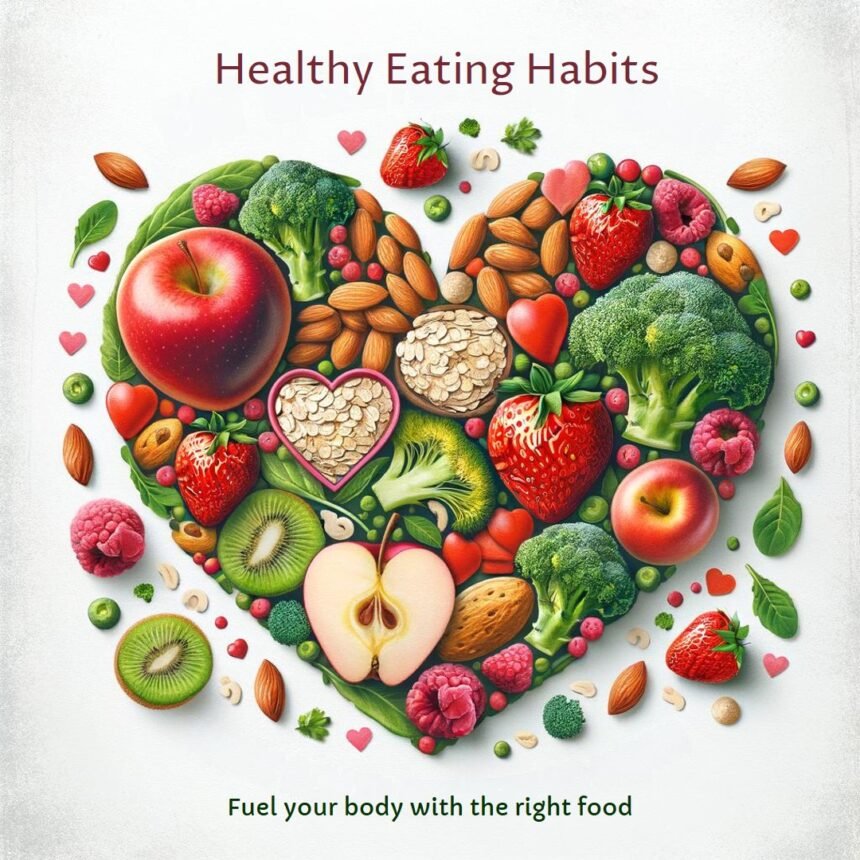Eating, Diet and Nutrition for Constipation
Constipation is a common digestive problem that affects millions of people worldwide. It is characterised by infrequent bowel movements, difficulty passing stools, and the sensation of incomplete evacuation. While there are many possible causes of constipation, including lack of exercise, dehydration, certain medications, and underlying health conditions, diet and nutrition play a significant role in preventing and managing this condition. This article will explore the best eating, diet, and nutrition strategies for constipation relief.
Increase Your Fiber Intake
Fibre is a type of carbohydrate that the body cannot digest. It passes through the digestive system primarily intact, adding bulk to the stool and promoting regular bowel movements. There are two types of fibre: soluble and insoluble. Soluble fibre dissolves in water, forming a gel-like substance that can help soften stools and ease their passage. Insoluble fibre does not dissolve in water and adds bulk to the stool, preventing constipation.
You can eat more fruits, vegetables, whole grains, nuts, and seeds to increase your fibre intake. Some of the best high-fiber foods include:
– Apples
– Bananas
– Berries
– Oranges
– Broccoli
– Carrots
– Spinach
– Brussels sprouts
– Brown rice
– Whole-wheat bread
– Oatmeal
– Almonds
– Chia seeds
– Flaxseeds
It is vital to increase your fibre intake gradually and drink plenty of water to avoid bloating, gas, and abdominal discomfort.

Stay Hydrated
Water is an essential element for maintaining good digestive health and preventing constipation. It helps to soften the stool, making it easier to pass through the digestive tract. Not only that, but water also lubricates the intestinal walls and prevents them from drying out, which can cause irritation and discomfort.
To ensure optimal digestive health, it is recommended that adults drink around eight glasses or 64 ounces of water per day. However, this amount may vary depending on certain factors such as age, sex, weight, and physical activity level. For instance, pregnant or breastfeeding women may need to drink more water to support their body’s needs.
It’s crucial to keep in mind that the daily water intake should be adjusted according to individual needs. A simple way to determine if you’re drinking enough water is to check the color of your urine. Ideally, urine should be colourless or light yellow. However, if it’s dark yellow or amber, it could be a sign that you need to increase your water intake.
By drinking enough water daily, you can maintain good digestive health and prevent constipation while keeping your body hydrated and functioning at its best.
Limit Processed Foods
Processed foods, such as fast food, frozen meals, and packaged snacks, are notorious for their low fibre content, coupled with high quantities of sugar, salt, and unhealthy fats. These foods can negatively impact the digestive system, leading to constipation. When too many of these foods are consumed, the digestive system can slow down, making it difficult to excrete waste from the body.
This, in turn, can lead to constipation, which can be uncomfortable and painful. It is essential to be mindful of the types of foods consumed and to maintain a balanced diet rich in fibre and nutrients to keep the digestive system healthy and functioning correctly.
One of the best ways to prevent or relieve constipation is by limiting your intake of processed foods and choosing whole, nutrient-dense foods. Whole foods are as close to their natural state as possible and include fresh fruits and vegetables, whole grains, lean proteins, and healthy fats.
They are rich in fibre, vitamins, minerals, and other essential nutrients that promote healthy digestion and bowel movements. Therefore, incorporating whole foods into your diet can be an effective strategy to maintain regularity and prevent constipation.
Add Probiotics to Your Diet
Probiotics are live microorganisms that provide health benefits to the host when ingested in adequate amounts. They are mostly beneficial bacteria that reside in the gut and help maintain a healthy balance of microorganisms in the digestive system.
These bacteria can improve digestive function by breaking down food and absorbing nutrients, boost the immune system by defending the body against harmful pathogens, and reduce inflammation by regulating the immune response. Probiotics also help treat various health conditions, including Irritable Bowel Syndrome (IBS), diarrhoea, and urinary tract infections.
Also Read: Nutrition for Seniors
You can add probiotics to your diet by eating fermented foods, such as yoghurt, kefir, sauerkraut, kimchi, and kombucha. You can also take probiotic supplements, which are available in capsules, tablets, powders, and liquids.
Reduce Your Intake of Dairy Products
Dairy products, such as milk, cheese, and ice cream, can constipate some people, especially those who are lactose intolerant. Lactose is a sugar found in milk and dairy products that can be difficult to digest for some individuals, leading to bloating, gas, and constipation.
If you suspect that dairy products are causing constipation, you can try reducing your intake or switching to lactose-free alternatives, such as almond milk, soy milk, or lactose-free milk.
Conclusion
Constipation can be frustrating and uncomfortable, but it is often preventable and manageable with the proper eating, diet, and nutrition strategies. By increasing your fibre intake, staying hydrated, limiting processed foods, adding probiotics to your diet, and reducing your intake of dairy products, you can promote regular bowel movements and maintain good digestive health. If your constipation persists or worsens, consult your doctor or a registered dietitian for personalised advice and treatment.



